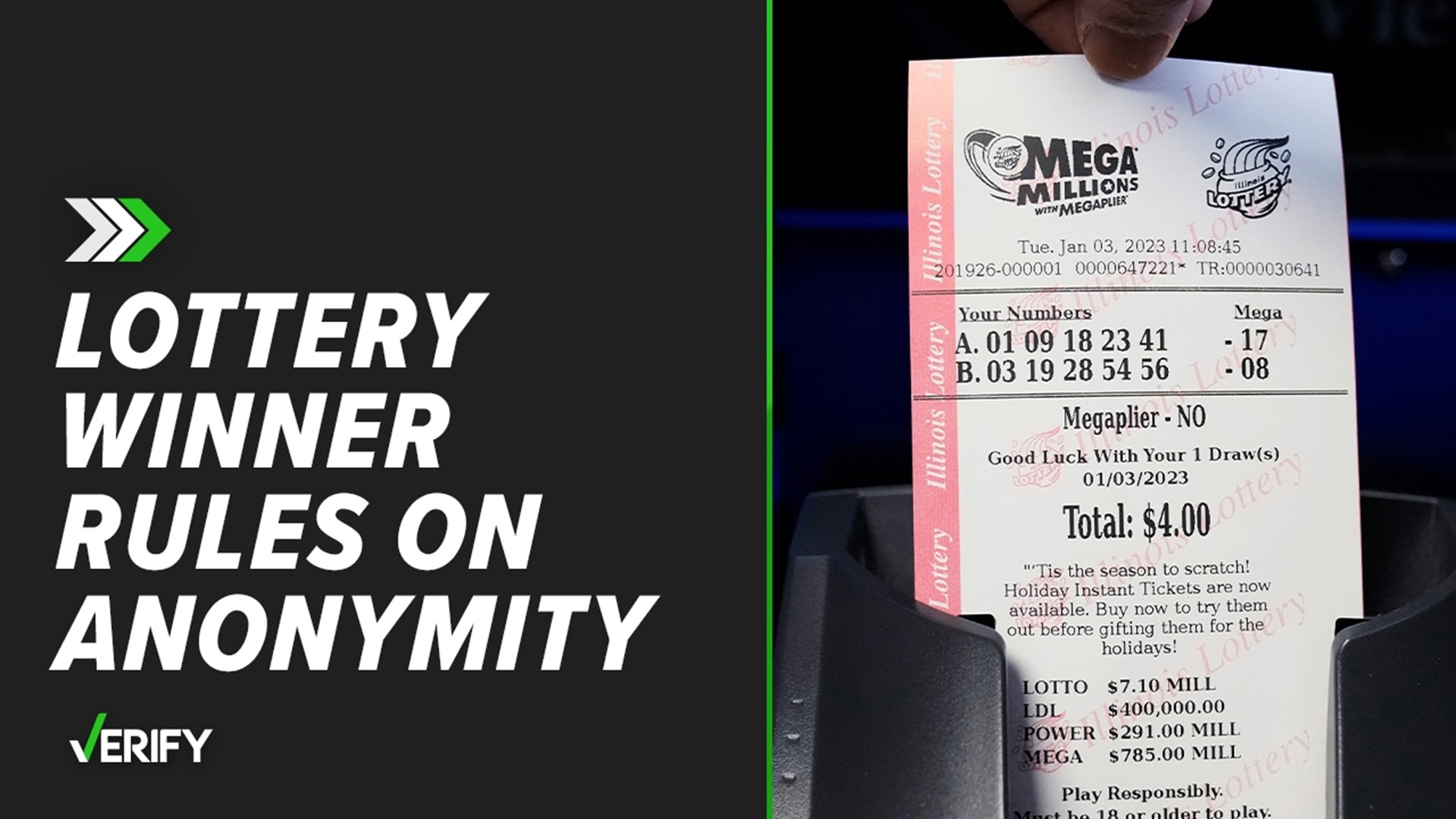WASHINGTON — After more than three months without a grand prize winner, someone in Oregon beat the odds and won a $1.326 billion Powerball jackpot.
It was the game's fourth largest jackpot ever. That big winner now has a hefty tax bill waiting for them.
That's because lottery winnings are treated as income by the federal government and most states, so the jackpots are subject to state and federal income taxes. However, there are 13 states that do not collect additional taxes on residents' lottery winnings.
How much will the Powerball winner actually get?
When a grand prize winner comes forward, they must first decide whether they want to receive their winnings in a 30-year annuity, or receive their winnings in a lump sum of cash. If they pick the annuity, they will eventually receive the entire advertised jackpot over the span of three decades.
Most jackpot winners go with the lump sum, which means they get the “cash value” of that jackpot. For Powerball's $1.326 billion jackpot, the cash value was $621 million.
Right away, 24% of that cash value is withheld for federal taxes and goes to the IRS, TurboTax explains.
So if the Oregon Powerball winner does select the cash option, $149.04 million of Saturday's estimated prize would be withheld, dropping it to $471.96 million.
But even then, the winner is not off the hook quite yet.
Because the federal government counts lottery winnings as income, getting such a large jackpot would likely move the winner into a higher tax bracket, one in which their income is taxed at 37%. So when the winner next files their taxes, they’ll likely have to give the IRS another 13% of that prize.
In most states, the tax is taken from the prize money before it’s ever given to the winner. Details on when and how much the winner pays differ by state. Then there are 13 states that don’t tax a person’s lottery winnings, according to the Tax Foundation and USA Mega, an online multi-state lottery resource unaffiliated with the lotteries themselves. Those states are: Alabama, Alaska, California, Florida, Hawaii, Nevada, New Hampshire, South Dakota, Tennessee, Texas, Utah, Washington and Wyoming.
According to estimates from USAMega.com, the winner of the publicized $1.326 billion Powerball jackpot would earn $329,792,812, if they take the lump sum option, because the ticket was bought in Oregon - which has among the highest state tax withholding rates.
But for example, if the winning ticket had been bought in California, which doesn't have a state tax on lottery prizes, the net payout would have dropped only to $391,271,812 for the cash option, USAMega.com found.
If the $1.326 billion winner decides to receive their winnings in a 30-year annuity, their average amount each year would be $23,510,242 would overall get $705,307,260 after 30 years, according to USA Mega.
The initial tax bills aren't the only reason financial experts warn lottery winners to take it slow — you shouldn't buy a pricey home without a good idea of recurring taxes and upkeep, for example.
“So by far, the biggest misconception that we hear or read and see is, is that the money seems to be infinite when it certainly is not,” wealth advisor Shean Fletcher previously told the Associated Press, adding that winners should meet with financial advisers, lawyers and certified public accountants to make a plan.
Who won Powerball?
It could be a long time before someone comes forward to claim Saturday's Powerball jackpot but we will eventually know that person's identity.
The winning ticket was bought in Oregon - which is not one of the states that allows lottery winners to remain anonymous. According to the Oregon Lottery website, the name of the winner and city in which the winning ticket was purchased is public record in the state.
According to the Oregon lottery, the winner has one year to claim their prize.
VERIFY contributed to this report.

